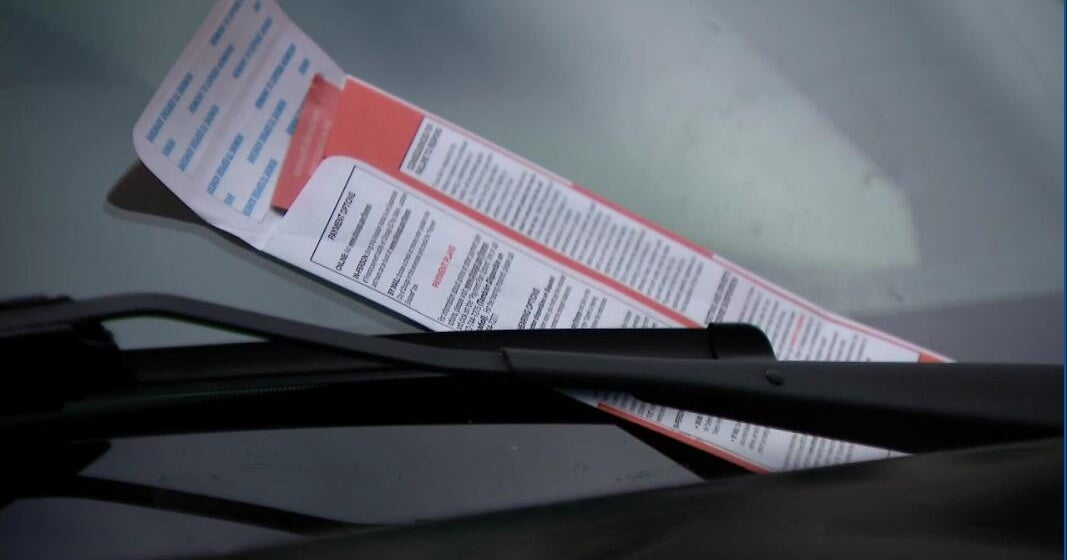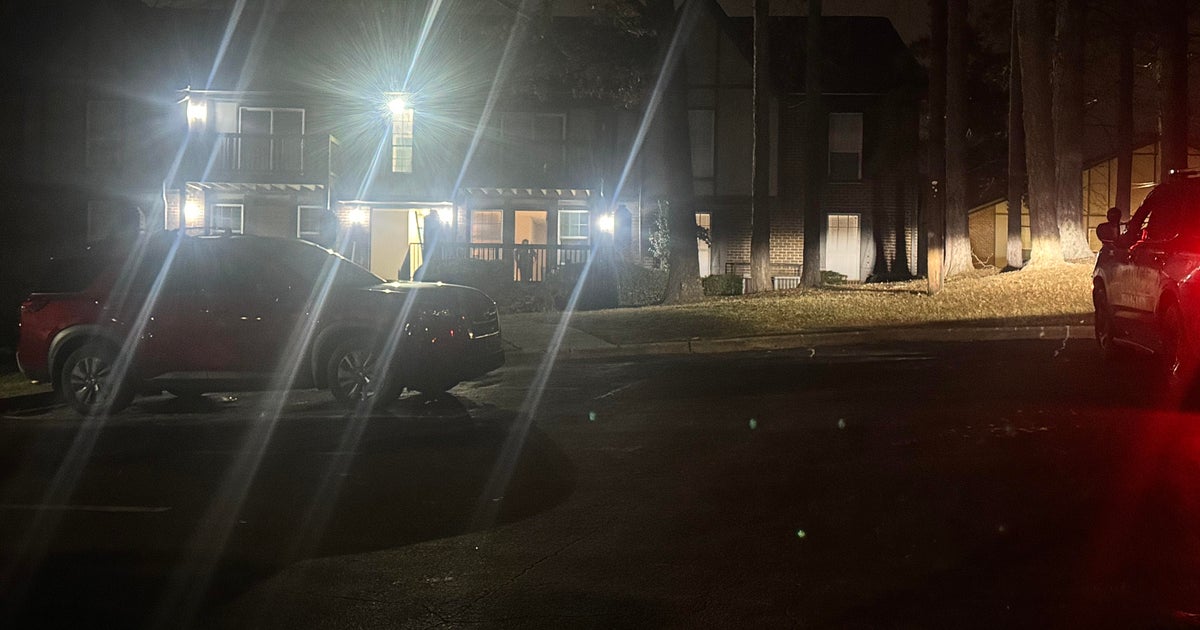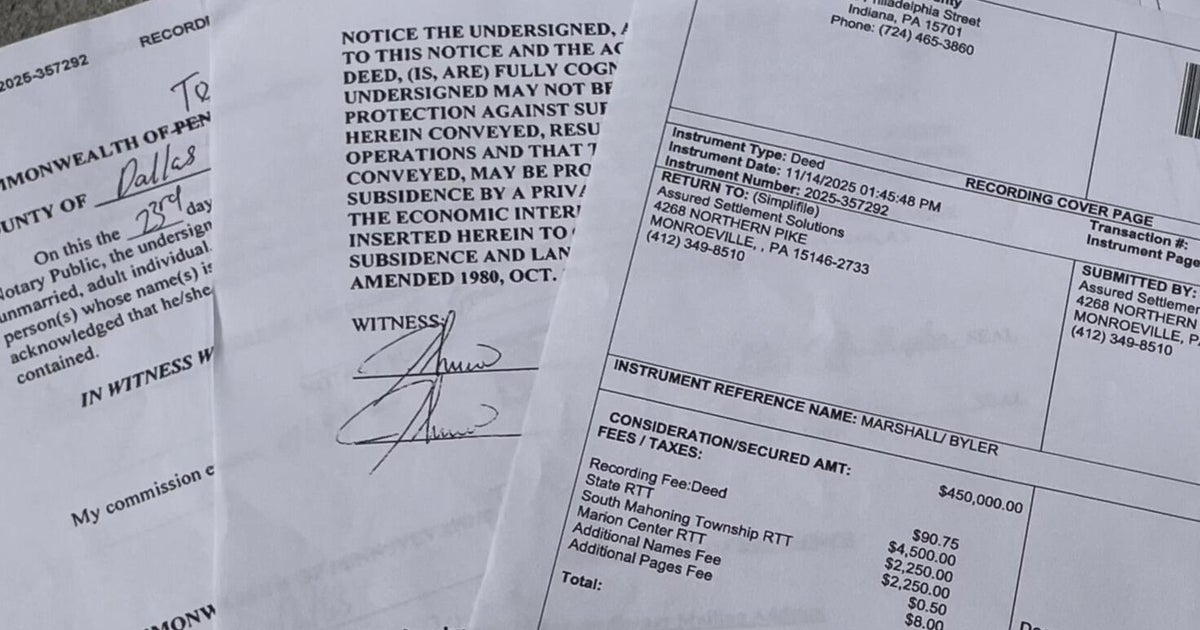2 Investigators: Businesses Yelping About Review-Driven Web Site
CHICAGO (CBS) -- With millions of users, Yelp is one of the country's most popular websites. More than 25 million reviews are posted on the website for all kinds of businesses and services.
But years of controversy over the company's alleged sales techniques and requests for freebies have raised questions about the trustworthiness of its reviews.
The techniques have infuriated some small business owners in Chicago.
Ina Pinkney, who runs a popular West Loop restaurant, is one of them. She says she received a call from Yelp "out of the blue," inquiring whether she would be willing to host a dinner for "the big Yelpers in Chicago."
"And in return for hosting it -- meaning paying for it -- they would move my best reviews to the top," Pinkney tells 2 Investigator Pam Zekman. "I was really stunned."
Dr. Douglas James runs a group dental practice in the Loop. He says he got a call from a Yelp salesman who said, "We can hide or camouflage negative reviews if you advertise with us."
James refused. Later his office manager, Linda Zimmer, received several other calls from different Yelp salesmen with a similar pitch.
"They would bury the negative reviews," Zimmer recalls, "and they would bring up all of our positive reviews."
James believes his continued refusal to buy advertising explains the low Yelp rating for his dental practice.
"I feel that Yelp is manipulating the reviews to encourage the businesses to purchase advertising with them," he says.
Vincent Tan, the owner of a Loop restaurant called Simply Thalia, has similar suspicions. Tan says he got a call last year from a Yelp salesman who pointed to his low rating and said, "If we do this advertising, we would see some kind of result to change the rating."
The cost to advertise would be $390 a month, Tan says. He refused.
In class-action lawsuits, other businesses have complained about the same sales tactics.
A business owner charged that "Yelp removed nine 5 star reviews" from her page when she refused to buy advertising, and her rating dropped from 5 stars to 3 stars. Days after she signed a one-year contract with Yelp for advertising, the lawsuit says her dental practice's "various five star reviews were reinstated by Yelp" and that her overall rating went up to 4 stars.
Yelp denies the allegations, in a written statement to CBS 2.
"There has never been any amount of money you can pay Yelp to manipulate reviews and claims to the contrary have been repeatedly thrown out of court," a spokeswoman said.
Last year, a judge dismissed the lead class-action suit, ruling that the Communications Decency Act immunizes providers of an interactive computer service, such as Yelp, from liability for what other people write. The California attorney who filed the suit is appealing the court ruling and declined comment.
Evan Brown, a Chicago attorney who specializes in technology law, reviewed the court ruling for CBS 2. He has represented Internet service providers and businesses who want to challenge what has been said about them.
"Nothing in this talk about the protection afforded these website operators stops the businesses who are being harmed from going after the individual Internet users that are actually posting that harmful content," Brown noted.
Brown says business owners should monitor what is said about them and evaluate whether they should simply respond to critical reviews on the website.
And he has some advice consumers who rely on Yelp reviews.
"One should approach this content with a grain of salt," Brown says.
On its website, Yelp explains that it uses an algorithm to try and filter out fake positive reviews that may be planted by a business or malicious negative reviews that may be planted by a company's competitors or disgruntled former employees. The website says the algorithm "does not take into account whether the business is an advertiser or not."
You can see the filtered reviews at the end of a business' Yelp page by entering a password. But they don't count in the business rating.
Yelp concedes on its website that "the filter sometimes affects perfectly legitimate reviews and misses some fake ones."
That's what Vincent Tan and Douglas James believe has happened all too often to them.
For example, Georgina Carranza, a patient at James' Michigan Avenue Dental Associates for 10 years, wrote a positive Yelp review about the practice last January.
She says the review disappeared. It disappeared onto the Yelp website section devoted to filtered reviews.
As for Pinkney, she said she never looks at her restaurant's Yelp page after what happened to her.
But when CBS 2 showed Pinkney the filtered reviews she, too, was puzzled about why five-star were filtered, including one from a customer who did not like a dish that the restaurant server replaced with another meal.
"And we didn't even charge her for her dish or the replacement," Pinkney said, reading from the review. "And now she's a loyal customer. I wonder why that's filtered."
Here is the full statement from Yelp, in response to CBS 2's inquiry:
"There has never been any amount of money you can pay Yelp to manipulate reviews and claims to the contrary have been repeatedly thrown out of court. Advertising and content on Yelp have always been separate and anyone can check out any advertiser's page on Yelp to see for themselves that our review filter works the same for advertisers and non-advertisers alike."
Yelp offers explanations about how its filters work at these links:
http://officialblog.yelp.com/2011/10/just-another-reason-why-we-have-a-review-filter.html
http://officialblog.yelp.com/2010/03/yelp-review-filter-explained.html







